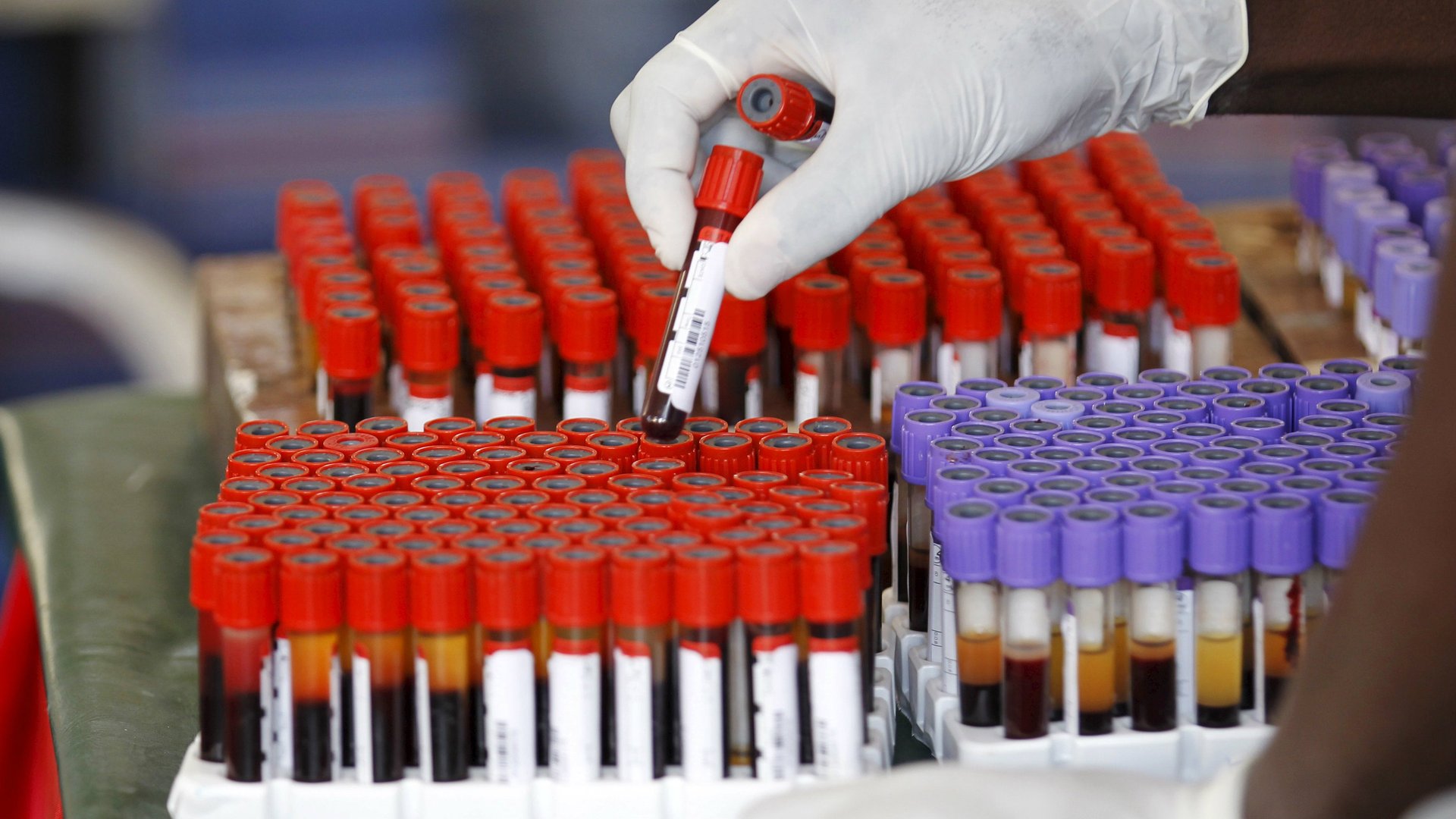This Lagos startup will save lives by making it easier to store and deliver blood for hospitals
In Lagos, sub Saharan Africa’s largest city, only 43% of the 185,000 pints of blood needed yearly is collected. And most of the collected blood comes from paid donors as there isn’t a culture of voluntary blood donations. This shortage is seen across the country where the national blood agency says only 2.9% of blood supply needed was collected by voluntary donations in 2014.


In Lagos, sub Saharan Africa’s largest city, only 43% of the 185,000 pints of blood needed yearly is collected. And most of the collected blood comes from paid donors as there isn’t a culture of voluntary blood donations. This shortage is seen across the country where the national blood agency says only 2.9% of blood supply needed was collected by voluntary donations in 2014.
While finding blood donors and fostering a culture of blood donation is a challenge, the major weakness in the local health care system has been the logistics required to store and move blood—on time and in good condition—to the hundreds of people who require blood everyday.
With inefficient logistics hampering the health system due to improper handling of blood, Temie Giwa-Tunbosun, a former WHO fellow, started LifeBank, a health start-up that hopes to automate and standardize the process of finding blood and transporting blood. ”We often have a surplus of blood at blood banks in Lagos and at the same time have a high mortality rate caused by a lack of blood. Lifebank is about finding a smart way to match the demand to supply.”
Incubated at Co-Creation Hub, Nigeria’s leading technology hub, which invested $25,000 as “pre-seed funding”, LifeBank has developed a marketplace app which holds a database of blood available in various blood banks in Lagos and allows hospitals with patients in need of blood find they the type of blood they need, order pints and have them delivered on time. Using a ’cool chain system’ which focuses on keeping the blood at the right temperature and in proper condition using WHO-approved equipment and procedures, LifeBank’s logistics seeks to ensure transfusions are timely and reducing the recipient’s risks. Long-term, Lifebank hopes to become the trusted mode of transport for blood by solving the twin problems of urgency and propriety. “We want to move blood in a safe and efficient way,” Giwa-Tunbosun says.
With the national blood agency underfunded and health checks largely lax, there plenty of room for life-endangering mistakes to be made. This lax checks also pose a challenge for LifeBank as while it can control its own logistics, it cannot control quality assurance within blood banks from which it supplies blood. An incident which typifies this risk occurred earlier this year when a Lagos blood bank was shut down after authorities discovered loose labeling led to a mix-up between screened and infected blood.
Another concern is financial sustainability. LifeBank currently generates its revenue through its delivery logistics but with 30 pints moved since launching three months ago, Giwa-Tunbosun recognizes the need for growth. ”To stay sustainable, we have to grow very fast by working with state governments and big hospitals.” In line with that goal, the start-up is planning expansions to two other states in Nigeria’s south-west and has already agreed a partnership with the ministry of health in one of those states to handle movement of blood within the state.
A previous version of this story stated LifeBank was yet to raise funding, that has been corrected. The start-up has raised $25,000 from Co-Creation Hub, a Lagos-based incubator.